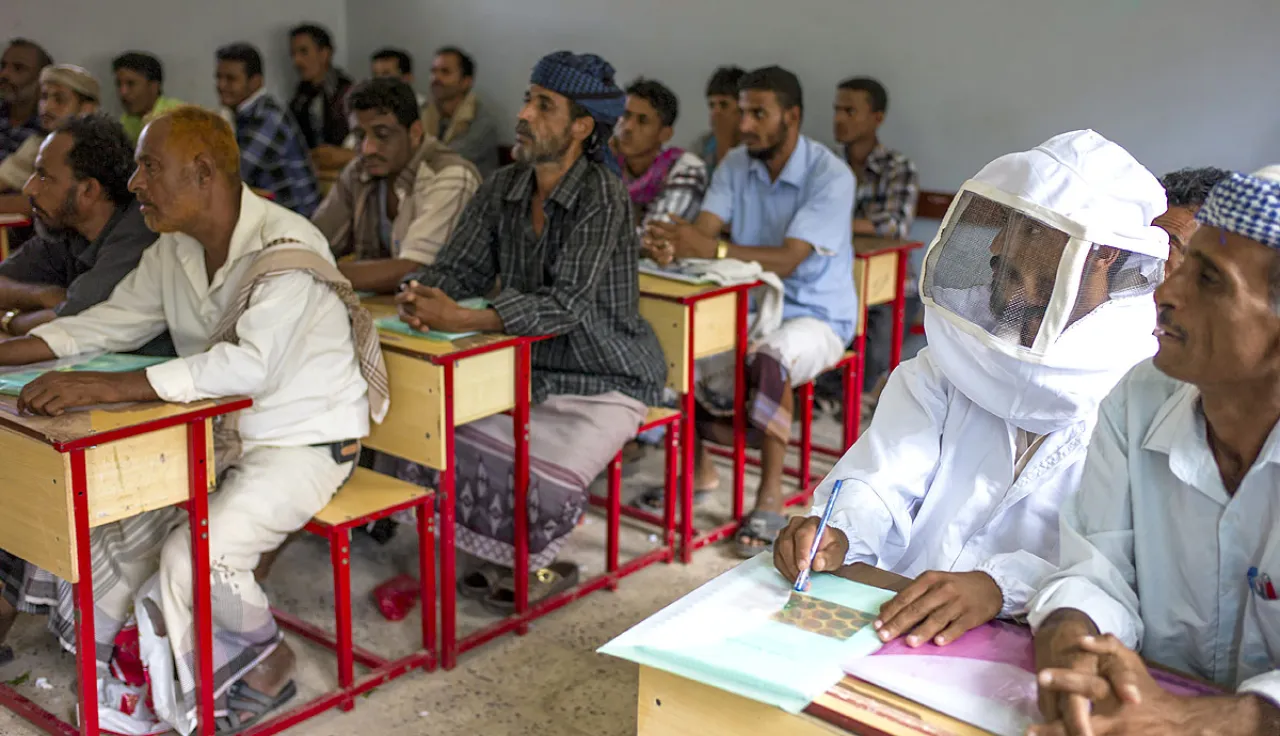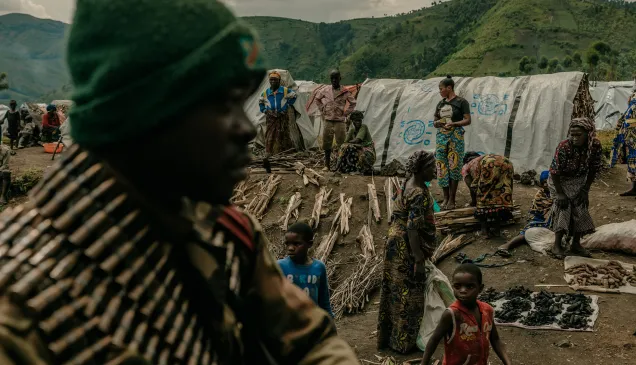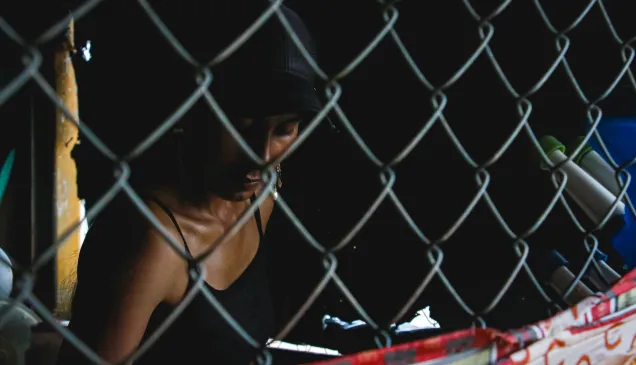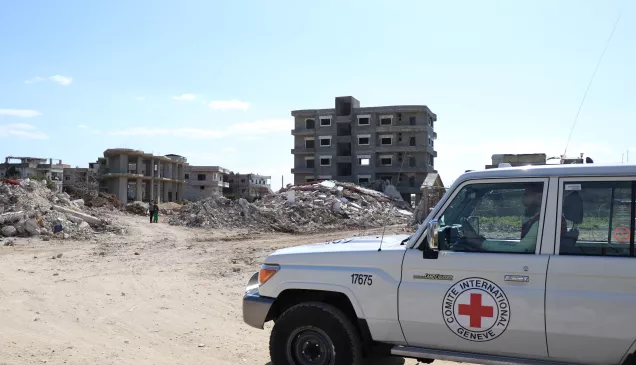Yemen: Where honeybees improve livelihoods

Sidr honey – a precious commodity in Yemen – is considered the most expensive honey in the world. Produced by artisanal beekeepers in eastern and southern governorates of the country, it is not only what they live for, but also the chief source of income for thousands of people.
“In 2014, hundreds of families were displaced as a result of the conflict and violence in different parts of southern Yemen. These were families of beekeepers and making honey is all they knew. They have lost everything,” said Jado Batila, economic security project coordinator for the ICRC in Yemen.
But there is more to making honey than just keeping the bees happy, as Khaled Ahmad Mohamad, a 35-year-old farmer from Thawba, in Aden governorate, has learned: “I used to have hives but unfortunately all the bees died because of my lack of knowledge and means. But the beekeeping training the Red Cross is providing us with, in addition to the new hives, will help with the production and harvesting of honey. I am really grateful for the chance the organization is giving me to improve my family’s income.”
 Beekeeping specialist explains techniques of honey extraction to farmers./CC BY-NC-ND/ICRC/B. Lamon
Beekeeping specialist explains techniques of honey extraction to farmers./CC BY-NC-ND/ICRC/B. LamonSabet Mahdi, a 55-year-old beekeeping expert from Redfan Habilein Al Malha village in Al Radoo, Al Dhalea governorate, where the ICRC is running an income-generating project for families of displaced beekeepers, thinks the training he is providing to beneficiaries “might enable them collect up to 150 kg of honey every year”.
Improving traditional practices
Amjad Sabel Ahmad (21), an apprentice beekeeper from Al Radoo in Abyan, has big dreams of his own: “This is the first time I have learnt how to care properly for my bees. I am really eager to begin this new occupation to help my family generate income. I am planning to grow my production and to become one of the biggest beekeepers in Yemen, inshallah.”
“As a humanitarian organization with a long-standing presence in Yemen, we are keen to run rapid, high-value economic security interventions that benefit populations directly affected by armed violence,” explained Bertrand Lamon, head of the ICRC sub-delegation in Aden. “By encouraging traditional income-generating activity amongst populations at risk, we not only make sure their livelihoods are sustained, but we also help them be better at what they already do best: producing high-quality honey.”
In addition to training sessions to improve beekeeping practices, honey production and disease control, the project provides some 310 selected beekeepers in nine villages of Al Radoo valley in Al Dhalea governorate with the necessary materials, such as beehives with iron holders, bee colonies, sugar, smokers, combs, honey extractors and protective clothing.



